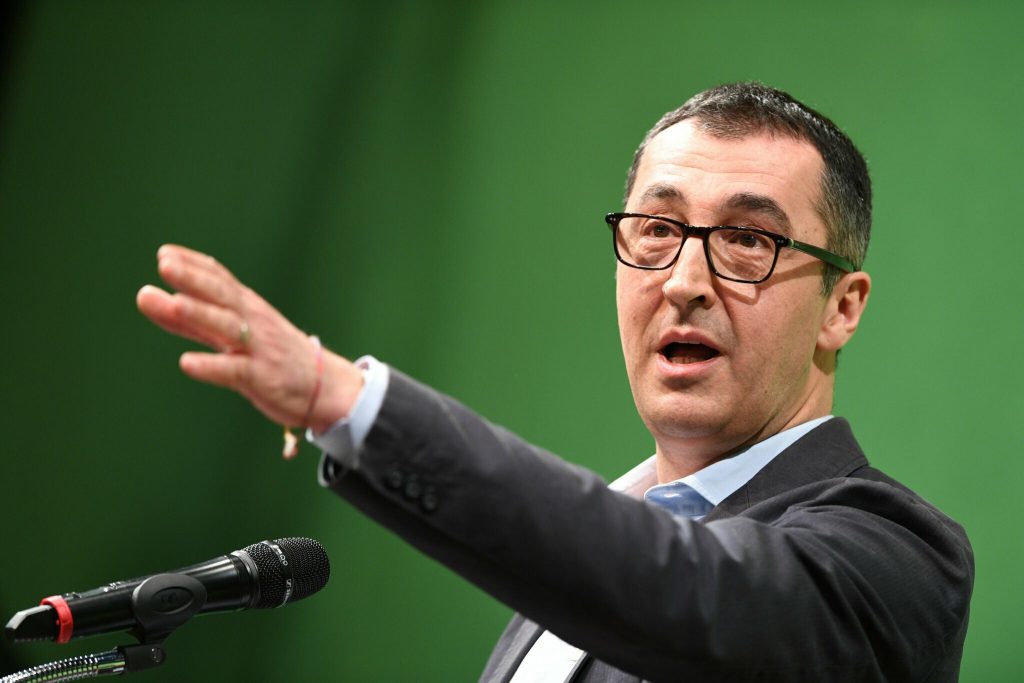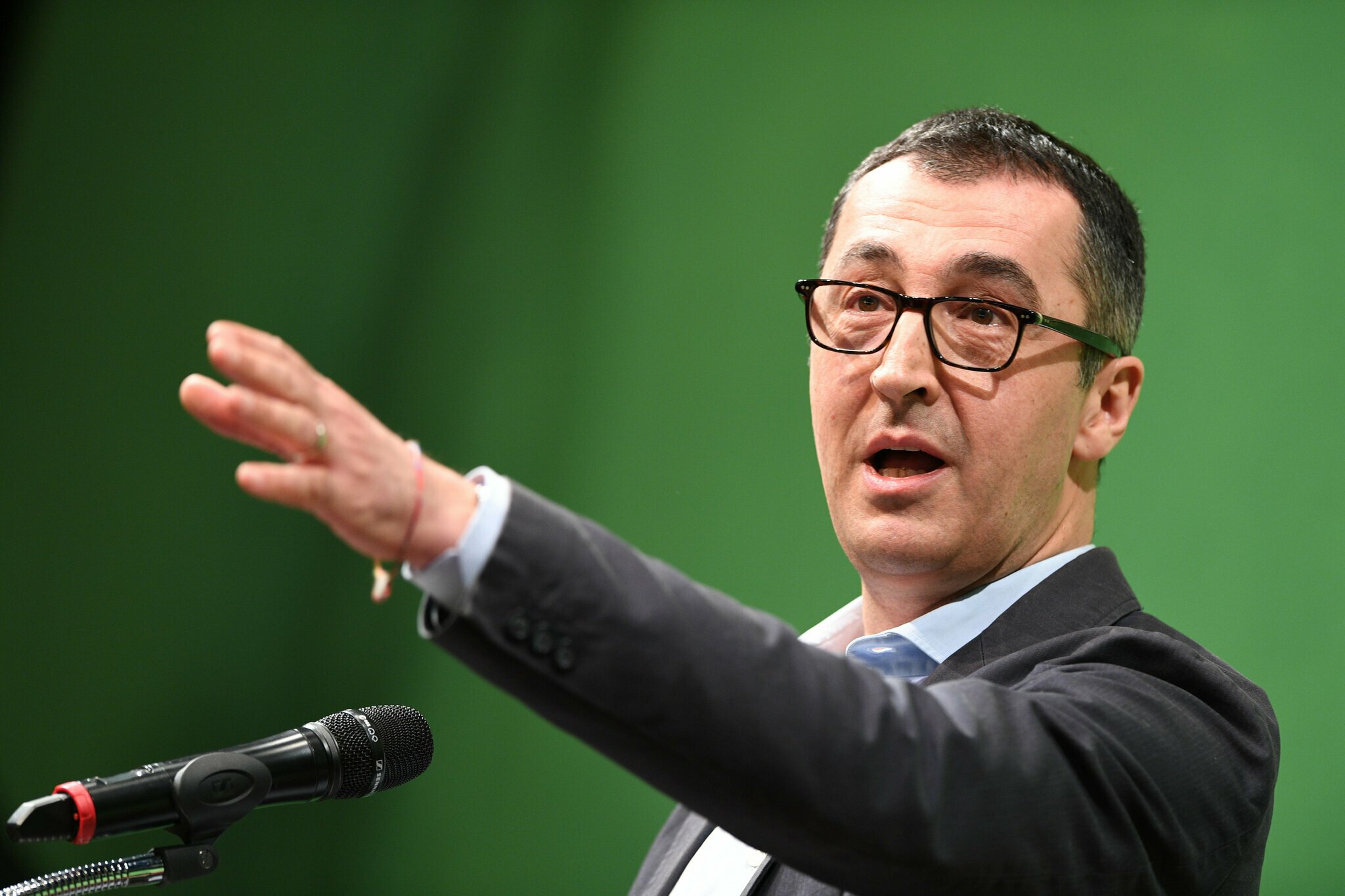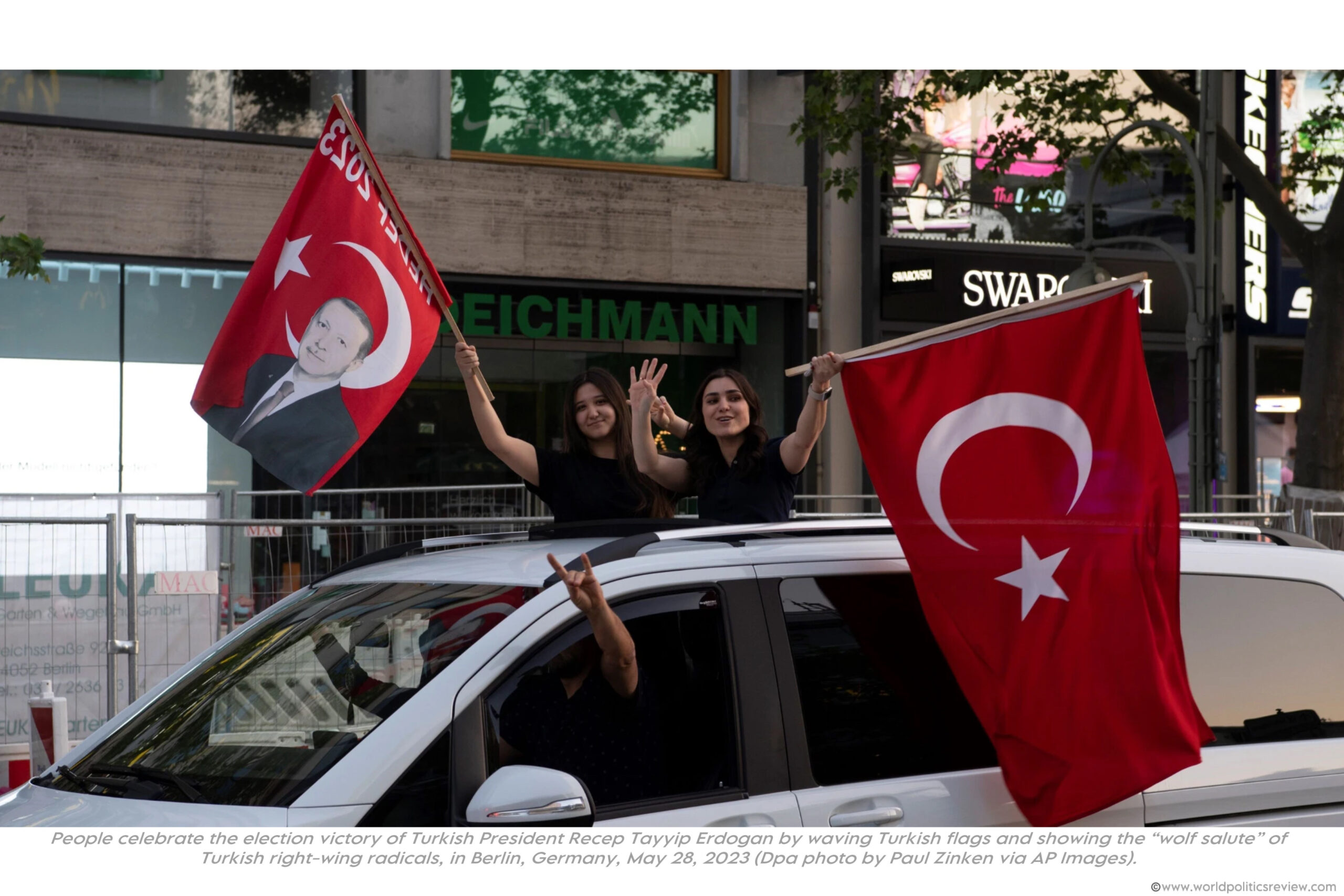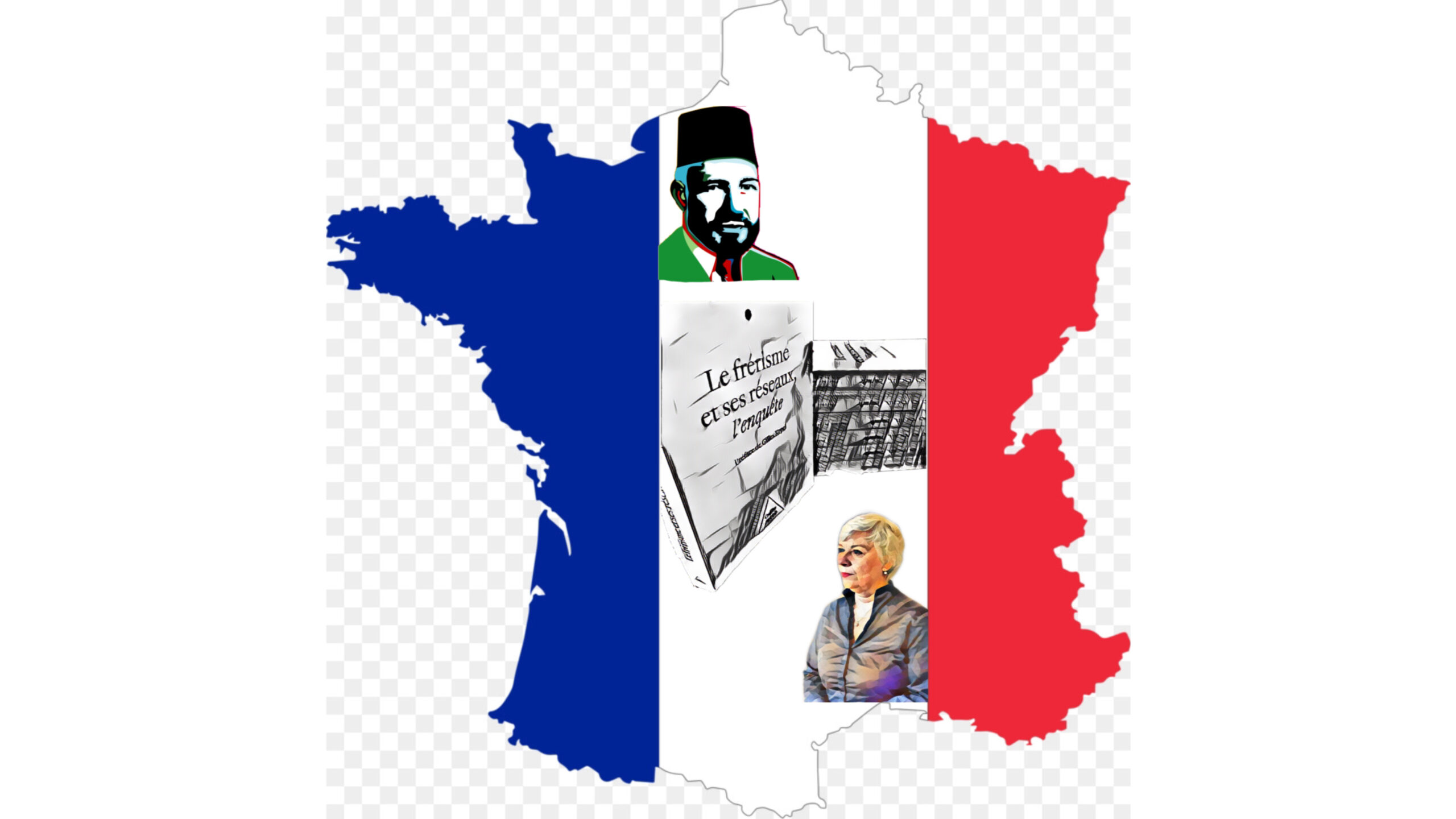On December 8 2021, Germany swore in a new chancellor, Olaf Scholz of the Social Democrats (SPD), ending the 16-year reign of Angela Merkel. Scholz will oversee a three-party coalition, which includes the Green Party and the Liberal Democrats (FDP) as junior partners. Long-time Green Party member and former head of the party, Cem Özdemir, will become Germany’s new government’s Minister of Agriculture and the first Muslim and Turkish-background minister in Germany. He will chair one of five ministries that will be held by the Green Party.
A self-proclaimed “secular Muslim” (Source), Cem Özdemir stems from a family of Turkish guest workers (Gastarbeiter) who emigrated to Germany in the 1960s. He was born in 1965 in the town of Bad Urach in Germany’s wealthy southwestern State of Baden-Württemberg. He became a member of the Green Party in 1981, at just fifteen years of age and has embarked on a long career in German politics since completing his studies of social pedagogy at the Protestant University of Applied Sciences for Social Work in Reutlingen, in 1994.

In that same year, 1994, Özdemir became the first member of parliament of Turkish origin to be elected to the German Bundestag, where he served for two legislative periods until 2002. In 2003, he was a ‘Transatlantic Fellow’ at the US think tank ‘German Marshall Fund of the US’ in Washington DC and Brussels. During this time, he worked on transatlantic relations and on the political self-organisation of ethnic minorities in the US and Europe.
From 2004 to 2009, Özdemir was a Member of the European Parliament (The Greens / European Free Alliance). He was foreign policy spokesperson of his political group and Vice-President of the CIA Special Committee (‘Temporary Committee on the alleged use of European countries by the CIA for the transportation and illegal detention of prisoners’). From 2008 to January 2018, Cem Özdemir was the Federal Chairman of the Green Party. He once again became a member of the German Bundestag in 2013. In 2017, he was his party’s top candidate for the Bundestag elections. Since February 2018, he has chaired the Committee on Transport and Digital Infrastructure of the German Bundestag before becoming Germany’s new Minister of Agriculture on December 8, 2021.
Aside from his many milestones and achievements, Özdemir was also the subject of some controversy – particularly when he was the head of the Green Party. As such, he vocally affirmed his support for German arms deliveries to northern Iraq in 2014 – even though almost the entire Greens parliamentary faction voted against them in the Bundestag (Source). The subject matter and Özdemir’s considerably stern framing of the issue caused a significant rift in the Green Party at the time. Özdemir himself claimed that “Anyone who is neutral in this situation is taking sides with IS [Islamic State].” (Source) Members of Özdemir’s own faction publicly rebutted his position claiming that “He has completely lost his way” (Source) while loyalists summed up the state of the party at the time by stating that “This much china hasn’t been smashed in a long time” (Source).
Özdemir has also taken clear position on matters concerning his country of ethnic origin, Turkey. In 2018, when Turkish president Recep Tayyip Erdogan attended the opening of the Turkish-Islamic Union for Religious Affairs’ (Ditib’s) central mosque in Cologne, Özdemir spoke out. He claimed that Turkey was trying to “torpedo integration policy in Germany via the mosque association Ditib. This must not be tolerated. Houses of worship are not party headquarters and imams are not called upon to spy on opposition members. Places of worship are there so that people of different political orientations can go there to pray together” (Source).
More recently, Özdemir has been a vocal critic of Erdogan’s anti-Israel rhetoric, referring to the Jewish State as a “terror state” (Source). In May of 2021, Özdemir called upon the various regions (Länder) in Germany as well as the state itself to cease relations with Turkey: “The current government and also the states [Länder]must put state treaties on hold” (Source). Specifically, Özdemir was referring to the state of North-Rhine Westphalia, which at the time, continued to cooperate with Ditib on matters of Muslim religious education.
Looking ahead, Özdemir will look to tackle issues in his new role concerning ethical husbandry, climate neutral agriculture as well as the regulations concerning genetically modified organisms (GMOs).






